The Impact of New US Tariffs on Nissan Motor's Operations
Japanese automaker Nissan Motor has recently come under the spotlight due to shifts in the US automotive policy. On Thursday, the company announced the suspension of new orders for two Infiniti SUVs destined for the American market. This decision came in response to additional tariffs imposed on Mexican-made vehicles by former President Donald Trump. These changes impact both Nissan's production strategy and its supply structure to key markets.
The Situation with Infiniti Models
A key step for Nissan in this scenario was to halt new orders for the Infiniti QX50 and QX55 models. These vehicles are manufactured at the COMPAS joint venture plant in Mexico. However, Nissan clarified that production of these models would continue for other markets not affected by US tariffs.
This decision is not only economically driven but also highlights the manufacturer's agility in navigating changes in international trade regulations.
How Nissan is Adapting to the New Conditions
The challenges presented by tariffs are prompting Nissan to reassess its production and logistics resources. Among the key measures taken by the automaker are:
- Maintaining two shifts at its plant in Smyrna, Tennessee. This allows the company to focus on the steady local assembly of its popular Rogue crossover despite earlier plans to cut one shift.
- Concentrating on production facilities unaffected by new tariffs, such as sustaining operations to support offers for European and Asian markets.
Through these actions, Nissan illustrates its ability to quickly adapt to unstable environments and minimize potential losses.
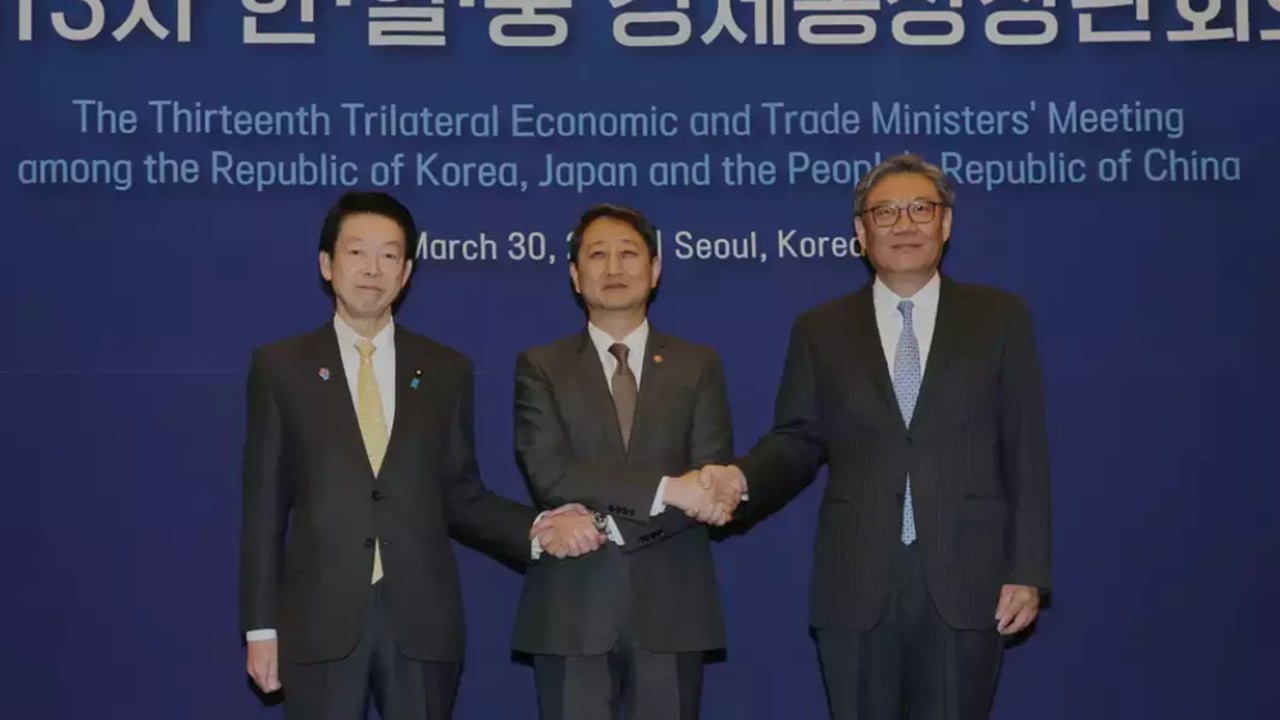
Three Insights on Industry Implications
1. Reduced Options for US Consumers. The temporary halt on orders for popular models like the Infiniti QX50 and QX55 might restrict choices for consumers in the US, potentially impacting overall sales in the premium segment.
2. Increased Logistics Costs for Nissan. The need to alter production routes to offset losses will likely lead to higher transportation expenses.
3. Pressure on Nissan's Competitiveness. Manufacturers focusing on local assembly lines might gain a tactical advantage by avoiding tariffs and associated risks.
Implications for the Market
The American automotive industry, traditionally reliant on imported parts and assembly in third countries, faces a reevaluation of its supply chains. This is especially significant given the fierce competition between domestic and international brands.
Nissan's Future What to Expect
Nissan's next phase comes in the form of challenges amid uncertainty. The company is demonstrating its readiness to respond swiftly to changes while facing the necessity to reassess its long-term strategy.
A key question remains: will the US continue imposing such tariffs, or will manufacturers like Nissan find ways to adapt by diversifying production in regions with fewer tax risks?
Regardless of the answer, one thing is certain: the global auto industry continues to shift its focus, considering both political and economic trends.


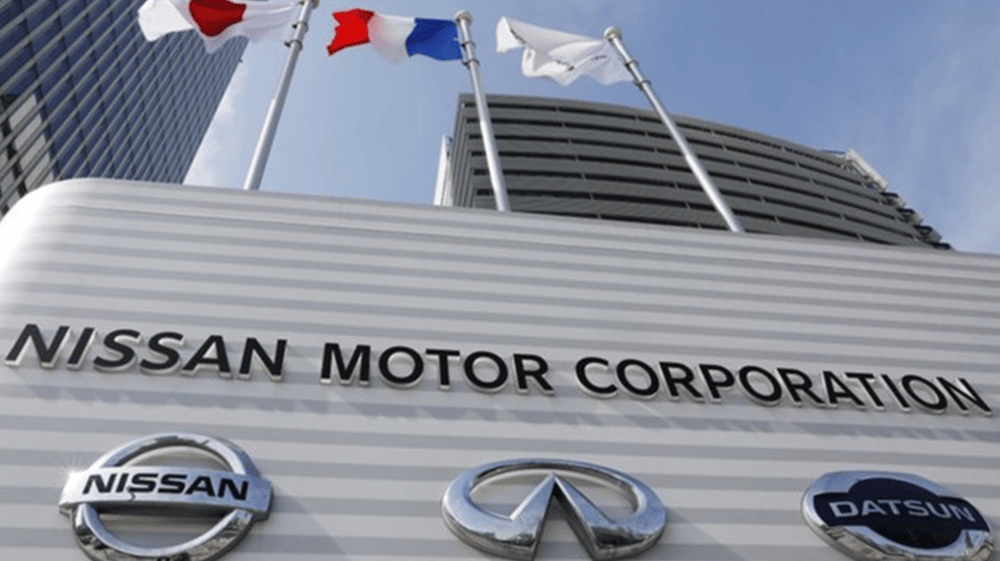




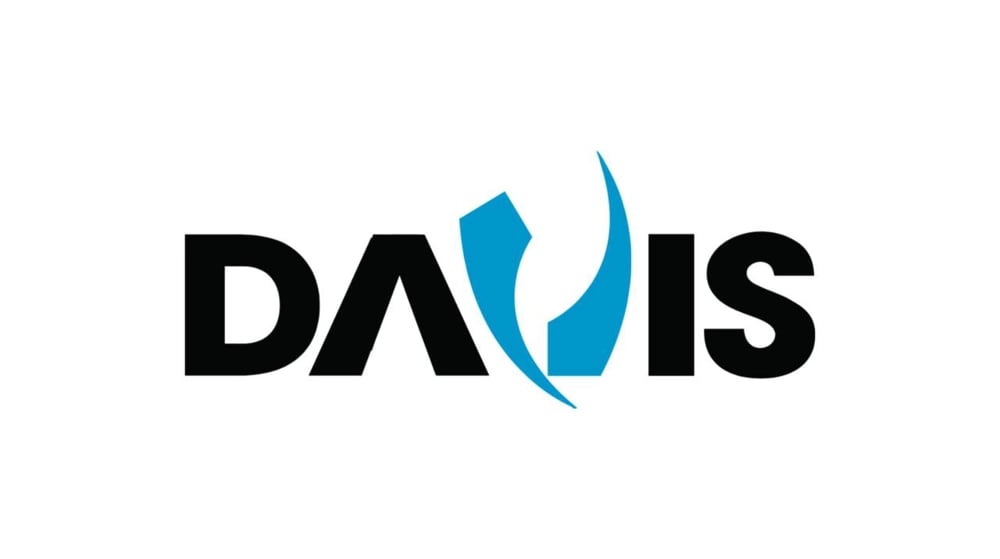

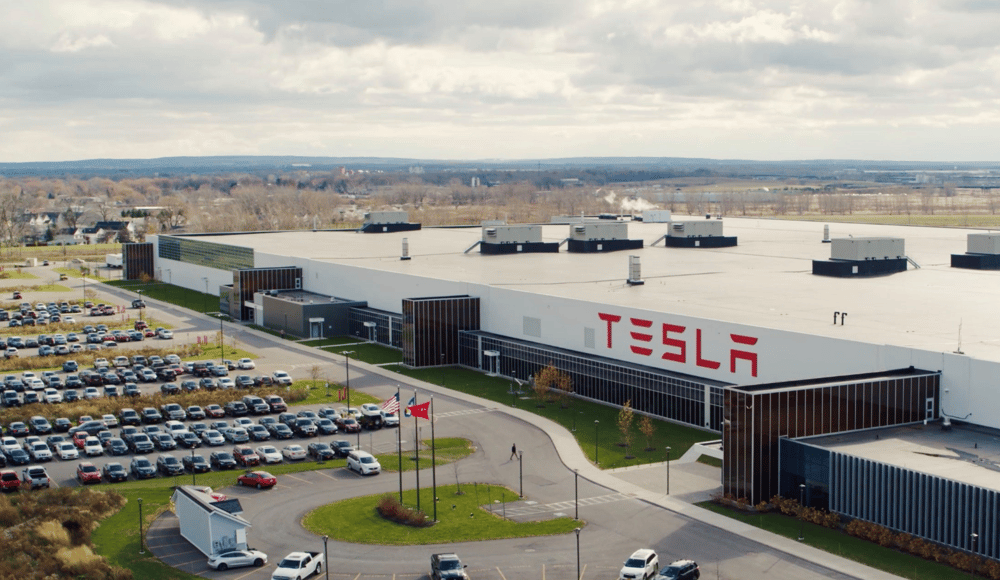

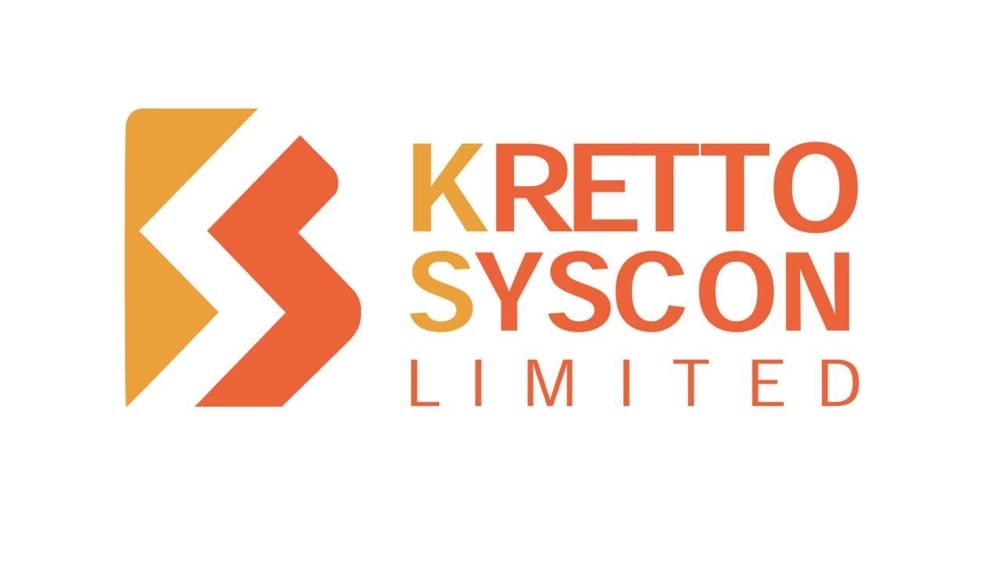



Comments
Such a sale could influence not just automation, but the broader technological landscape as well